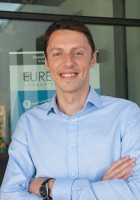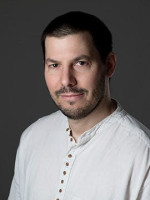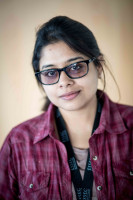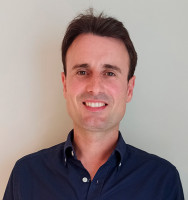Big Data
Cybersecurity & Digital Resilience
Decision-making, Bias & Fairness
Data Analytics & Visualization
AXA Chairs
France
2016.09.30
Better qualifying uncertainty when studying complex phenomena
Using approximations to get precise estimations faster
To reduce computing time, the project will develop novel scalable approaches for quantification of uncertainty that will be able to exploit parallel and distributed computing. Indeed, EURECOM has a lot of expertise in large-scale distributed computing systems. The first step of the project will consist of developing and implementing the mathematical, computational and statistical methodologies necessary for this new breed of computational models. The second will be to prove the project’s capacity to accurately quantify uncertainty leading to a better modeling of risk in several domains compared to current methods.
These approaches can have major implications in the development of medical treatment strategies or environmental policies, for example. Better calculation of uncertainty could provide invaluable help for decision-makers faced with difficult decision-making tasks. Following underwater seismic activity, should nearby coastal cities be evacuated or not ? Is it worth giving a patient a specific treatment given his medical record ? « The main focus of my research is on life and environmental risk, but technically the same methodologies could be applied to the fields of finance or even social sciences », Prof. Filippone points out.


Maurizio
FILIPPONE
Institution
EURECOM
Country
France
Nationality
Italian
Related articles
Finance, Investment & Risk Management
Big Data
Insurance & Risk Management
Data Analytics & Visualization
Data Privacy & Protection
Joint Research Initiative
Canada
2020.08.31
Use and Value of Unusual Data in Actuarial Science
A Joint Research Initiative between Université de Québec à Montréal and AXA Group Actuarial Function Satellite Images The weak correlation... Read more

Arthur
CHARPENTIER

